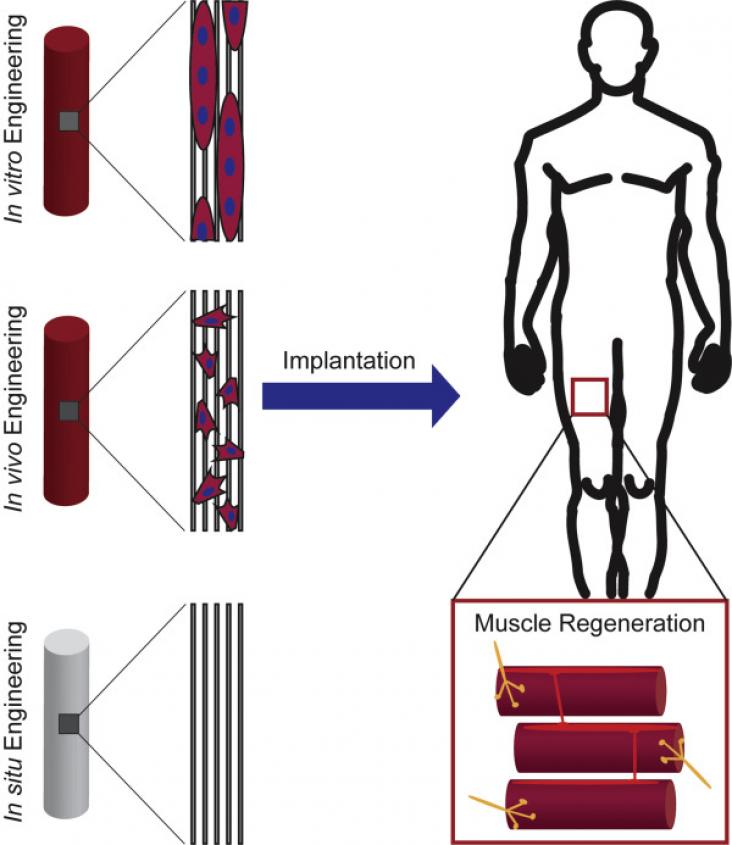At the start of 2020, the 2019 coronavirus disease (COVID-19), originating from China has spread to the world. There have been increasing numbers of confirmed cases and deaths around the globe.
Obesity represents an important public health concern because it substantially increases the risk of multiple chronic diseases and thereby contributing to a decline in both quality of life and life ex

Repair of injured skeletal muscle is a sophisticated process that uses immune, muscle, perivascular, and neural cells.
Background: There is a growing body of research exploring how intimate partner violence affects contraceptive decision-making, recognizing that these decisions are reflective not only of access and ac
In 2016, the World Health Organization declared that ‘Health is one of the most effective markers of any city's successful sustainable development’ (World Health Organisation, 2016).
Purpose and setting: Infrastructure is a global multi-trillion dollar market presenting many opportunities and risks for sustainable development.
Few public health interventions can match the immense achievements of immunization in terms of mortality and morbidity reduction.
Nurse practitioners (NPs) have key roles in addressing health consequences of climate change across the lifespan for patients, families, communities, and populations.
In the light of the opportunities presented by the Sustainable Development Goals (SDGs) debate is being reignited to understand the connections between human population dynamics (including rapid po
Metastatic colorectal cancer outcomes continue to improve, but they vary significantly by race and ethnicity.
